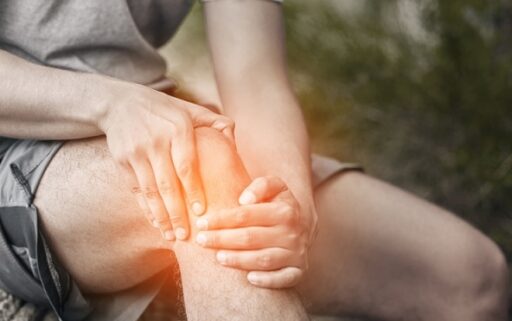A new Chinese study published by BMJ Open in August 2023 build a supervised machine learning model that can accurately predict whether Tai Chi practitioners may experience knee pain after years of exercise.

A total of 1750 Tai Chi practitioners in Shanghai with a course of Tai Chi exercise over 5 years were randomly selected. A prospective approach was used. Data were collected face-to-face through a self-designed questionnaire.
All participants were measured by a questionnaire survey including personal information, Tai Chi exercise pattern and Irrgang Knee Outcome Survey Activities of Daily Living Scale. The validity of the questionnaire was analyzed by logical analysis and test, and the reliability of this questionnaire was mainly tested by a re-test method.
A total of 1703 practitioners completed the questionnaire and 47 were eliminated for lack of information. The CatBoost algorithm-based machine-learning model achieved the best predictive performance in distinguishing practitioners with different degrees of knee pain after Tai Chi practice. ‘Having knee pain before Tai Chi practice’, ‘knee joint warm-up’ and ‘duration of each exercise’ are the top three factors associated with pain after Tai Chi exercise in the model. ‘Having knee pain before Tai Chi practice’, ‘Having Instructor’ and ‘Duration of each exercise’ were most relevant to whether pain interfered with daily life in the model.
Conclusion: CatBoost-based machine learning classifier accurately predicts knee pain symptoms after practicing Tai Chi. This study provides an essential reference for practicing Tai Chi scientifically to avoid knee pain.